The global response to the novel Coronavirus (COVID-19) pandemic that originated from Wuhan, a city in China in December 2019 has virtually created a new world order. The virus has put medical professionals, public health experts and virtually all of us on our toes and we are now in a race against time as research bodies intensify efforts at developing a vaccine to cure the disease. For now, the global economy is still reeling from losses on all fronts.
While medical experts have recommended washing of hands with water and soap regularly as the first line of defense to curb the virus, they continue to learn new things about the virus.
The importance of water to fighting the scourge is reinforced today,(July 28) as the United Nations (UN) General Assembly commemorates the 10th year anniversary of the Resolution on Human Right to Water. The Resolution underpins the importance of water to the fulfillment of a productive and healthy life and its importance in curtailing the spread of the virus.
Nigeria, the supposed African giant, failed to put the required procedure in place to check the influx of travelers coming from countries with spiraling cases of COVID 19. On February 27, Nigeria recorded the first COVID-19 case involving an Italian citizen who arrived Lagos from Milan, Italy. The index case travelled unchecked from Lagos all the way to Abeokuta, Ogun state interacting with people for almost two days before he started experiencing symptoms and eventually checked into a private hospital.
Advertisement
In order to check the spread of the virus in Lagos, a city of about 21 million people, the state government embarked on sensitization campaign on radio and television and various social media platforms, urging residents to adhere to the World Health Organization (WHO) requirement to wash hands regularly and wear face masks to curb the spread of the virus.
A question that readily came to the mind of public health groups was: Where is the public water to wash hands regularly as advised? The reality today is that public waterworks in the state are not functioning or at best producing way below installed capacity.
The report, “How Acute Water Shortage May Affect COVID-19 Response in Lagos” published by the Corporate Accountability and Public Participation Africa (CAPPA) captured the grim scenario in most Lagos communities. CAPPA carried out the investigation over a three-month period, spanning March 20 to June 24, 2020 and documented the status of the existing waterworks in the state and how the epileptic operations were causing apprehension among Lagos residents. Residents now largely rely on unwholesome sources for water including the service of the Mai Ruwa (water vendors) for daily need.
Advertisement
CAPPA visited 11 Local governments in the state including Surulere, Shomolu, Alimosho, Eti- Osa, Epe, Ikeja, Ifo in Ogun State which shares a border with Lagos, Ifako-Ijaiye. Kosofe, Ojo and Badagry. Some of the challenges the report documented included lack of chemicals for purification and treatment of water, regular power outage, faulty generating sets, bad production panels, shortage of staff, and lack of political will on the part of the government to reverse the situation observed.
As the pandemic bites harder, the Nigeria Labour Congress (NLC) has also joined efforts to impact on Lagos resident’s wellbeing.
Through a NLC/Civil Society Situation Room which was born on May 20, 2020. It has begun sensitizing workers and citizens on the reality, prevalence, prevention and containment measures against the pandemic. It has equally put in motion a plan to embark on advocacy and social dialogue with government and private sector employers to promote public health and protection for workers.
During one of the monitoring exercises conducted in five divisions of Lagos – Ikeja, Badagry, Ikorodu, Lagos Island and Epe, it was observed that none of public institutions visited had a running public water. This finding corroborates the CAPPA report on the non-availability of water in Lagos communities despite the state governments public awareness campaign on the need to wash hands regularly with clean water and soap.
Advertisement
It is obvious that public institutions and social amenities have been neglected for so long and it is now taking its toll on the citizenry, especially at this crucial time of need. Water and sanitation are a fundamental right. This right is reinforced by the United Nations (UN) Resolution 64/292 of July 28, 2010 which stipulates thus: “The human right to water entitles everyone to sufficient, safe, acceptable, physically accessible and affordable water for personal and domestic uses”. It is in this light that the Lagos State government and indeed government at all levels must live up to their responsibility in ensuring that right to water is guaranteed irrespective of residents ability to pay or not.
The Nigerian government especially Lagos which prides itself as the centre of excellence must also make sure Lagos residents have access to water as a basic right. It must shun recommendations to embark on the Public Private Partnerships (PPP) arrangement in the water sector and instead, build the political will to fix the water infrastructures in the state through increment in budgetary allocation to the sector and possibly introduction of a water trust fund.
Privatisation of water, particularly PPPs have failed elsewhere and it will fail here. . It has failed in Nagpur in India, it has failed Manila, the Philippines. It has equally failed in Gabon, Indonesia, Ghana and all other countries where it was introduced.
Privatisation of water will lead to price hikes, job losses, low water quality and shut offs for those who cannot afford the cost of water. Lagos State should not add to the burden of citizens who are already grappling with so many bills to settle including paying for security, paying for medicare, paying for education, among others.
Advertisement
If the war against COVID-19 must be won, it must include concerted efforts. When it comes to water, only a public and democratically control water sector will guarantee universal access. It is high time the Governor Babajide Sanwo-Olu administration declare a state of emergency in the water sector. The current administration must fully uphold the human right to water as an obligation of the government representing the people and reject all impediments to achieving this, including water privatisation or commodification.
Buhari is with Corporate Accountability and Public Participation Africa (CAPPA).
Advertisement
Views expressed by contributors are strictly personal and not of TheCable.
1 comments

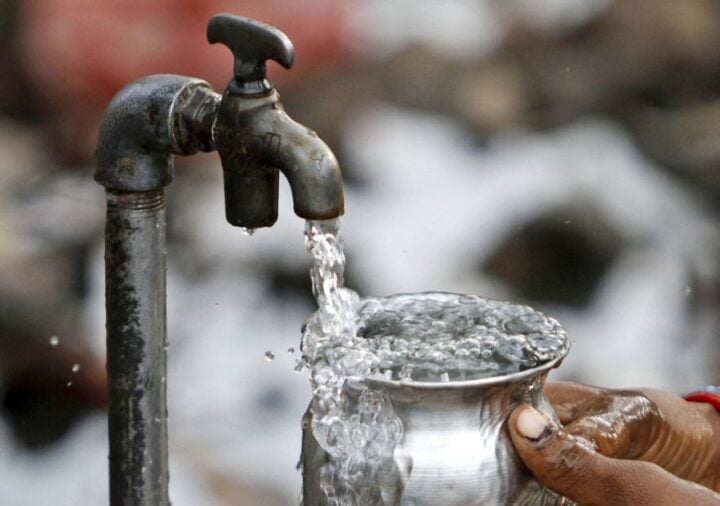

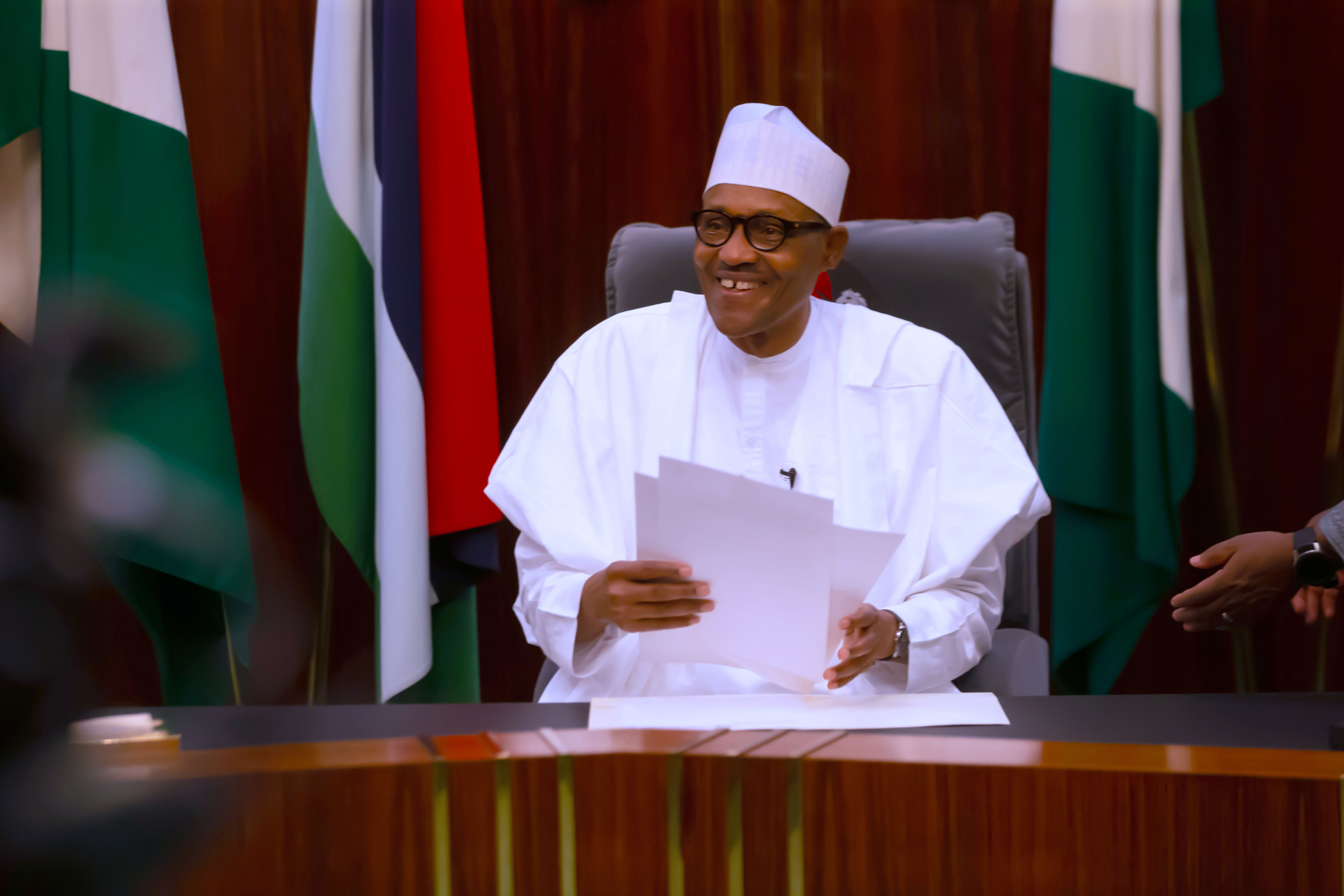
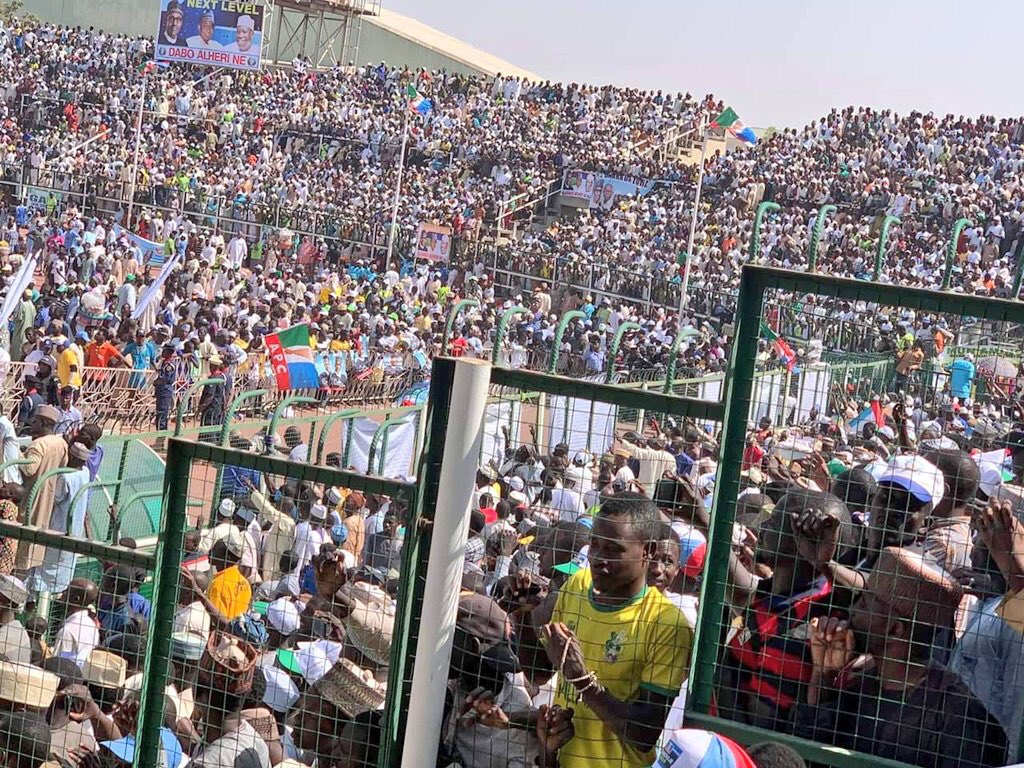
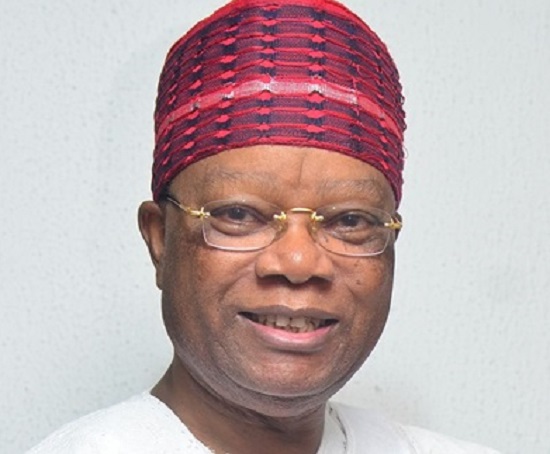

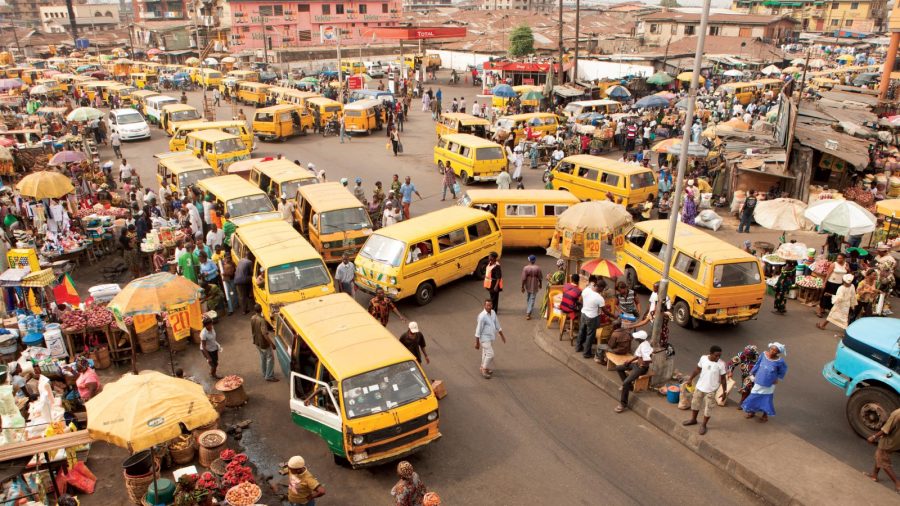
If water a basic need gets privatized, then what can we get for free in our country Nigeria?
We need to stop this madness.